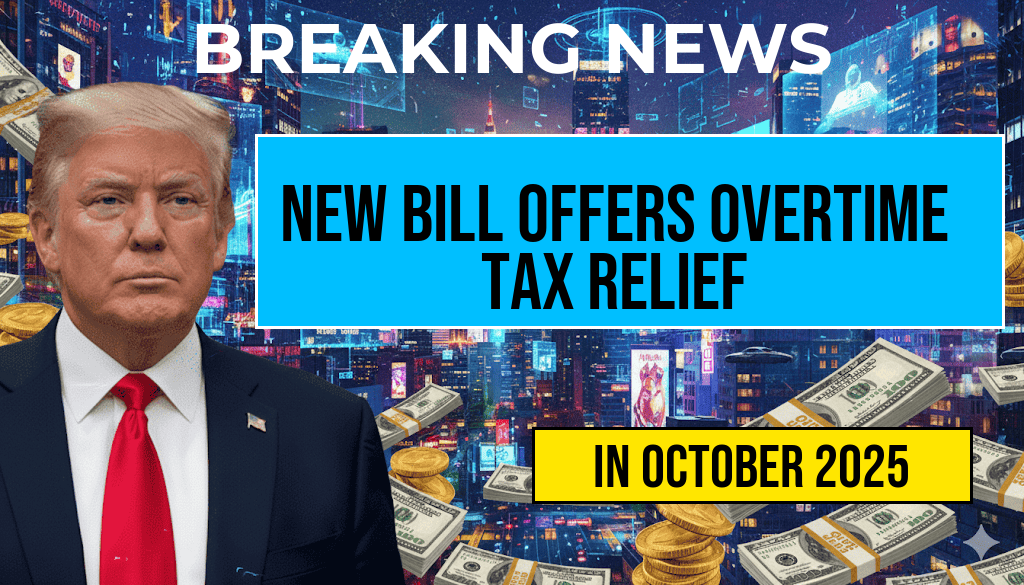As tax season approaches, a crucial reminder is emerging for freelancers, independent contractors, and businesses: failing to file Form 1099 could lead to hefty penalties starting in 2026. The Internal Revenue Service (IRS) is set to enforce a fine of $290 for each unfiled 1099 form, significantly impacting those who earn income outside traditional employment. This change underscores the importance of diligent record-keeping and timely filing as the IRS aims to improve compliance and streamline tax reporting. As the gig economy continues to expand, understanding these requirements becomes increasingly vital for both earners and payers of non-employee compensation.
Understanding Form 1099 and Its Importance
Form 1099 is utilized to report various types of income other than wages, salaries, and tips. There are several variations of this form, including:
- 1099-MISC: Used for miscellaneous income.
- 1099-NEC: Specifically for reporting non-employee compensation.
- 1099-INT: For interest income.
- 1099-DIV: For dividends and distributions.
Each of these forms serves a specific purpose in ensuring that the IRS accurately tracks income across different sectors. For businesses and freelancers, understanding which form to use and when to file is crucial for compliance and avoiding fines.
The Financial Impact of Missing a 1099
The upcoming penalty structure from the IRS highlights the financial risks associated with non-compliance. Starting in 2026, the $290 penalty for each unfiled 1099 could quickly accumulate, especially for businesses that engage with multiple independent contractors or freelancers throughout the year. For instance, if a company fails to file 10 1099 forms, the total penalty could reach $2,900. This significant financial burden can strain small businesses and independent contractors alike.
Potential Consequences of Non-Compliance
In addition to monetary penalties, missing a 1099 can lead to other complications, including:
- Increased IRS Scrutiny: Missing forms may lead to audits or further investigation by the IRS, complicating future filings.
- Delayed Tax Refunds: Errors in reporting can result in delayed processing of tax returns, affecting cash flow for individuals and businesses.
- Loss of Deductions: Failing to accurately report income can lead to disallowed deductions, increasing overall tax liabilities.
Best Practices for Filing Form 1099
To avoid penalties and complications, taxpayers should adhere to the following best practices when dealing with Form 1099:
- Keep Accurate Records: Maintain detailed records of all income received throughout the year to ensure accurate reporting.
- File on Time: Be aware of deadlines. Forms must typically be filed by January 31 for non-employee compensation.
- Consult a Tax Professional: If unsure about the filing process or requirements, seek advice from a tax professional to navigate complexities.
Resources for Further Information
For more details on filing requirements and updates on IRS regulations, visit the following resources:
Conclusion
As the IRS implements stricter penalties for unfiled 1099 forms, it is essential for taxpayers to stay informed and compliant. With the potential for significant fines, proactive measures such as accurate record-keeping and timely filings can save individuals and businesses from unnecessary financial strain. Navigating the complexities of tax compliance is becoming increasingly critical in the evolving landscape of the gig economy.
Frequently Asked Questions
What is a 1099 form?
A 1099 form is a tax form used to report various types of income other than wages, salaries, and tips. It is commonly issued to independent contractors, freelancers, and other non-employees who have received payments throughout the year.
What penalties could arise from missing a 1099 form?
If you fail to file a 1099 form, you could face penalties from the IRS. In 2026, missing a form could result in penalties of up to $290 for each form not submitted.
How can I avoid penalties related to 1099 forms?
To avoid penalties, ensure that you accurately track and report all payments made to contractors or other eligible recipients by filing the necessary 1099 forms on time.
What are the deadlines for filing 1099 forms?
The deadlines for filing 1099 forms vary depending on the type of form and method of filing. Typically, forms must be submitted to the IRS and recipients by January 31st of the following year.
What should I do if I realize I’ve missed a 1099 filing?
If you discover that you’ve missed filing a 1099 form, you should file the form as soon as possible to minimize penalties. Consult a tax professional for guidance on correcting the oversight.






